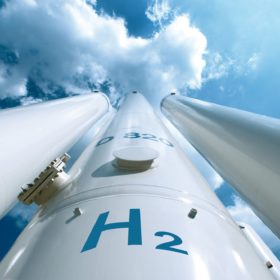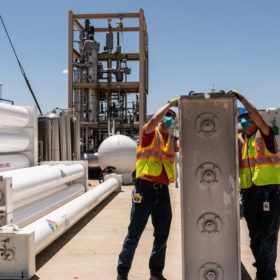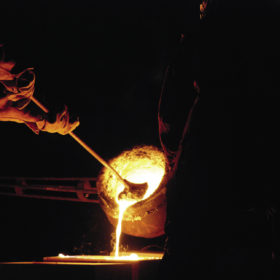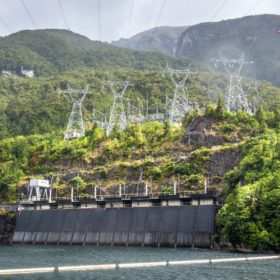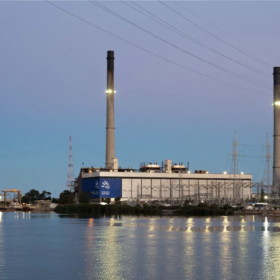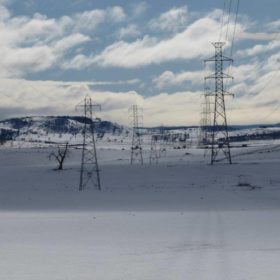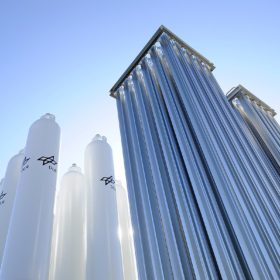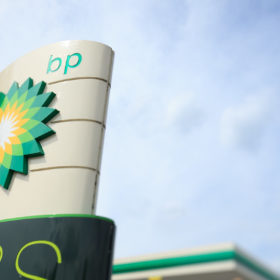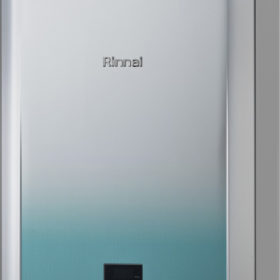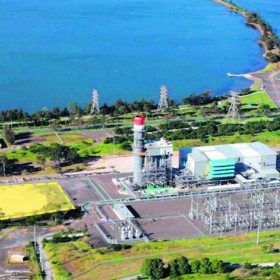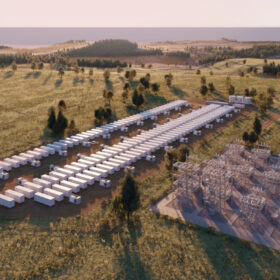ReNu’s first ‘tangible’ hydrogen project announced for Tasmania
A green hydrogen production facility planned for Brighton, Tasmania, is progressing with its developer, Countrywide Renewable Hydrogen, owned by ReNu Energy, announcing it has an option to lease its identified site and has drawn up a term sheet with a local contractor.
Rio Tinto joins industrial heavyweights in green hydrogen fund raise
Rio Tinto has joined a group of industrial heavyweights including Equinor, Amazon and Mitsubishi Heavy Industries as investors in United States-based renewable hydrogen start-up Electric Hydrogen which plans to build green hydrogen production facilities at scale for industrial and infrastructure applications.
Longi unwraps reasons behind green hydrogen shift
In recent years, Longi has turned its attention to green hydrogen. Li Zhenguo, company founder and CEO, speaks with Vincent Shaw in Shanghai about the strategic shift and how coupling this technology with solar PV will be key to achieving carbon neutrality.
Two Australian companies left vying for giant $4.5b green hydrogen project in NZ
Fortescue Future Industries and Woodside have been selected as the two finalists in the race to develop what could be one of the world’s largest green hydrogen projects, a 600 MW facility in New Zealand’s Southland.
AGL looking to turn its Torrens Island facility into a green hydrogen hub
Australian energy giant AGL Energy has announced its leadership of a consortium of industry partners for a feasibility study into whether its Torrens Island facility can become a green hydrogen hub for domestic users and export.
Tasmania seeks investor interest to help shape state’s first REZ
The Tasmanian government is calling for registrations of interest from developers of new large-scale renewable generators and energy storage projects, and existing and proposed energy intensive load projects to participate in shaping the state’s first renewable energy zone.
WA company expects green hydrogen production ‘significantly earlier’ than anticipated following promising study
Western Australian developer Frontier Energy, a relatively new player in the renewable space, says preliminary findings from its green hydrogen study indicate it could be producing “significantly earlier than originally anticipated” from its Bristol Springs Solar Project, to be located south of Perth.
Oil supermajor takes majority stake in WA hydrogen megaproject
Oil and gas giant BP will take a 40.5% stake in the 26 GW Asian Renewable Energy Hub megaproject proposed for Western Australia’s north coast.
Hydrogen combustion tech for residential water heaters, trials in Australia
Japan’s Rinnai has unveiled what it claims is the world’s first 100% hydrogen combustion technology for residential water heaters. It is currently using the hydrogen water heater in demonstration projects in Australia, prior to commercialisation.
NSW calls for investor interest in Illawarra energy zone
The New South Wales government has invited registrations of interest from renewable generators, energy storage and network developers, and existing and proposed energy loads, to participate in shaping a renewable energy zone to be established in the Illawarra region on the state’s south coast.
